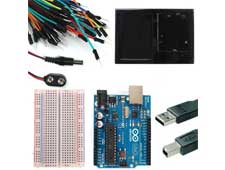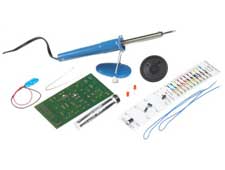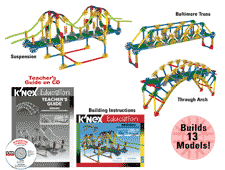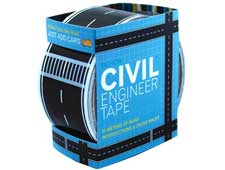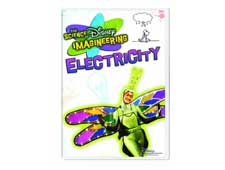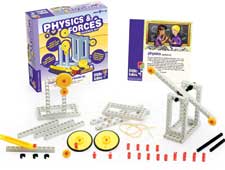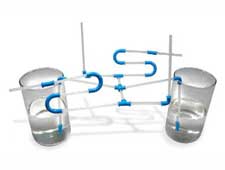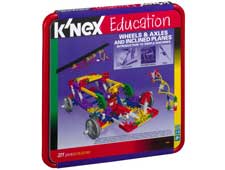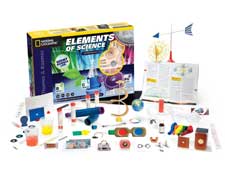Jobs for engineers are expected to have a high demand in the future. Kids who start early learning about STEM concepts and work hard on their math and science skills are best prepared for a career in engineering. These engineering science kits will help with specific areas of science to help prepare kids for the tougher engineering classes they must complete to earn an engineering degree.
Arduino Uno Kit
Embedded programming is expected to be in great need in the future. Everything from robotics to laundry machines will have embedded controls in the future. Engineers are needed to design and maintain these gadgets. Arduino is an open-source circuit board that allows people to create and program an unlimited number of electronic devices. If the device is powered by electricity, then it is possible the Aurdino can control the device. The Arduino Uno offers a very low-cost way to get kids introduced to programming embedded electronics. There are many middle school, high school and college clubs and classes that are now using the Arduino platform.
Age 10+
Elenco Learn to Solder Kit
Learning to solder is the first step to becoming an electrical engineer. This kit offers instructions and tools needed to learn to solder. The kit also includes a practice circuit board and enough electronic components to make a circuit. The low-cost of this kit makes it a good starter set.
Age 11+
K'NEX Education - Intro to Structures: Bridges
Teach kids about structure design theory then let them experiment with this K'Nex Education set. This set is perfect for the future structural engineer. Includes all the parts needed to build many different bridge designs.
Age 8-15
Civil Engineer Tape
This kit includes a 25 meter (75+ feet) roll of tape with a road design. Great for your future Civil Planning Engineer. Kids can layout a city or town and then play with their cars and trucks in their design. It is a great teaching tool for spacial understanding and simple planning concepts.
Age 3+
The Science of Disney Imagineering: Electricity Classroom Edition
Disney Imagineering created a little-known, but very good series of science videos called the Science of Disney Imagineering. This video teaches kids about electricity. It uses science principles designed by the imagineering in Disney's theme parks including the Spectromagic parade at the Magic Kingdom in Florida and the Finding Nemo Submarine Voyage at Disneyland.
Age 5+
Little Labs Physics and Forces
Physics and simple machines are the building blocks for understanding engineering principles. The Little Labs set is designed for younger kids (5+). To build the experiments, a LEGO-like system of building blocks is used. The instructions show how to build each experiment set-up. Learning about Newtons Laws of Motion is a great start for a career in engineering.
Age 5+
Strawz Construct Your Own Drinking Straw Kit
The Strawz Drinking Straw kit is genius. Most science museums have the PVC tubing kids can put together to learn about water hydraulics. This simple set does the same thing, but in my opinion is much more interactive and easier for kids to experiment with different ideas. Hydraulics are some of the building blocks for mechanical and civil engineering students.
Age 5+
K'NEX Education - Intro to Simple Machines: Wheels, Axels and Inclined Planes
K'NEX Education - Intro to Simple Machines set is a STEM (Aligned to Science, Technology, Engineering and Math Standards) standard kit. This set allows kids design choices as they build their 7 different simple machines. Kids can then test their experiments under different criteria to see how their design choices performed.
Age 8+
National Geographic Fun and Fundamentals Elements of Science - by Thames and Kosmos
If you are just not sure which area of science and engineering you want your child to start with consider this set from Thames and Kosmos. It is a good overall set and covers many areas of science and engineering with 100 science experiments. Water, air, physics, magnetism, electricity, energy, temperature, optics, biology and chemistry are some of the areas of science covered within the experiments in this set.
Age 8+
- 1

